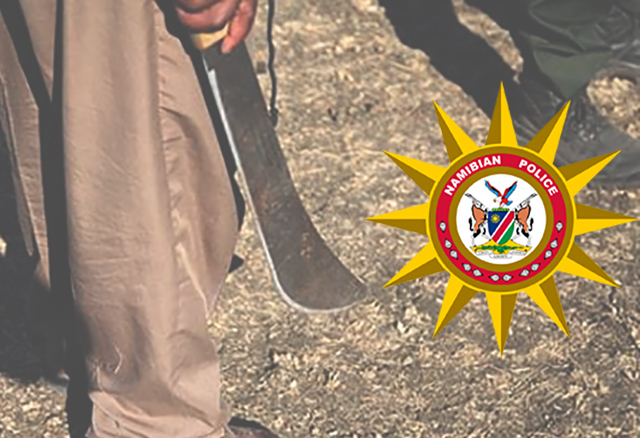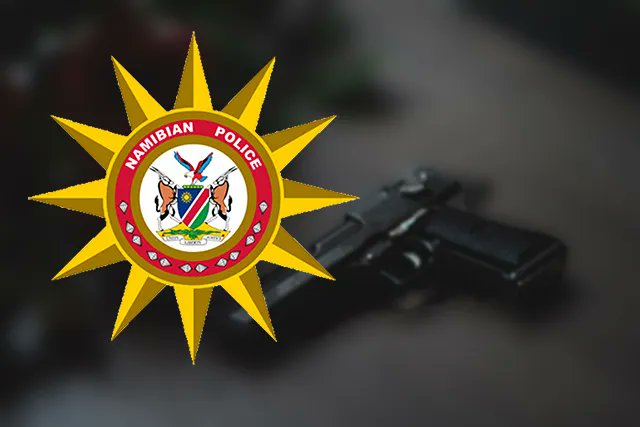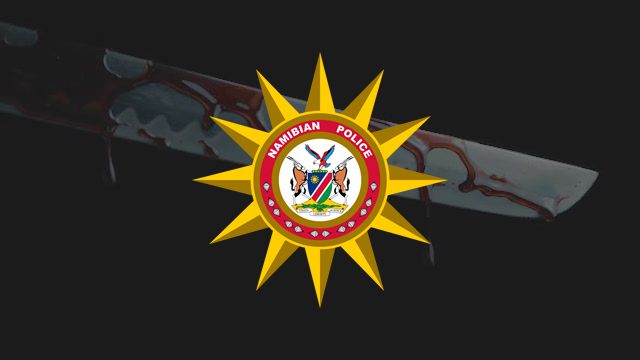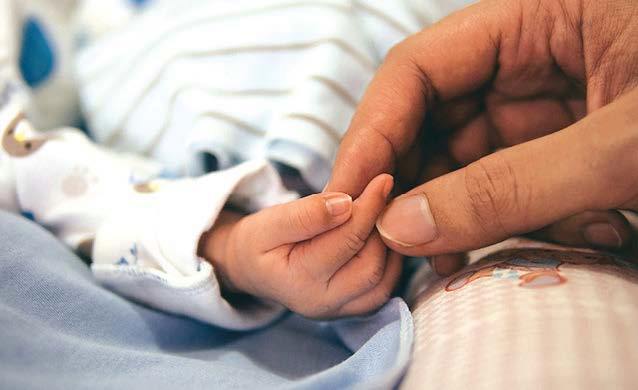MORESBY – The man who launched a bloody 10-year war for independence in Papua New Guinea’s island province of Bougainville, Francis Ona, has died.
The reclusive Ona died on Sunday at the age of 52 in his home village of Guava after being sick with an unspecified illness for about two weeks. The one-time rebel leader had recently proclaimed himself king of Bougainville, but was unable to derail a UN-sponsored peace process that led to the election of an autonomous government for the province earlier this year.Bougainville, which is geographically part of the Solomons group and is ethnically distinct from the rest of PNG, descended into rebellion and anarchy in the early 1990s.Ona played a pivotal role in fomenting the conflict, sparked in large part by anger over the lack of local gains from the then-Australian-run Panguna gold and copper mine in central Bougainville near Guava.Ona had worked as a mine haul truck operator but quit in November 1988.He and his followers used explosives from the mine to disrupt power supplies and eventually force the closure of the operation, then PNG’s single biggest export earner.The ensuing war of secession that left more than 10 000 people dead, making it the worst local conflict ever in the Pacific islands region.The conflict was ended with a 2001 UN-brokered peace agreement that led to the disarming of rebel groups followed by the election of a provincial parliament and government in June.The agreement is due to culminate in a referendum on full independence from the central government in 10 to 15 years.Ona refused to back the UN peace plan and continued to control a “no-go zone” around the former Panguna mine.While he refrained from actively opposing the recent elections, in which Kabui, a former Ona ally, was elected Bougainville’s president, Ona continued to demand independence and remained a thorn in the side of the new autonomous government.During a rare visit recently to Ona’s operational headquarters in Guava, a local journalist was surprised to find satellite phones and other high-tech devices unusual in poverty-stricken Bougainville.Ona boasted that with revenues from alluvial gold sales he could effectively manage an independent regime in Bougainville.Such claims angered government leaders, with Kabui notably demanding that any revenue from local gold sales be used for the good of all Bougainvilleans.But despite his refusal to join the peace process, Ona allowed the autonomy elections to go ahead in May and June and even endorsed Joseph Kabui for president.Kabui said a state funeral would be held to honour the secessionist leader, who continues to be held in high regard by national and regional politicians.The central government’s Bougainville affairs minister, Peter Barter, joined in expressing sadness at Ona’s death.”Regardless of our opposing positions, I have always respected Francis for what he believed in,” Barter said in a statement.”He stood for what he believed in and in a way, he became a legend in his own lifetime.He was a man of peace who will be sadly missed,” he said.- Nampa-AFPThe one-time rebel leader had recently proclaimed himself king of Bougainville, but was unable to derail a UN-sponsored peace process that led to the election of an autonomous government for the province earlier this year.Bougainville, which is geographically part of the Solomons group and is ethnically distinct from the rest of PNG, descended into rebellion and anarchy in the early 1990s.Ona played a pivotal role in fomenting the conflict, sparked in large part by anger over the lack of local gains from the then-Australian-run Panguna gold and copper mine in central Bougainville near Guava.Ona had worked as a mine haul truck operator but quit in November 1988.He and his followers used explosives from the mine to disrupt power supplies and eventually force the closure of the operation, then PNG’s single biggest export earner.The ensuing war of secession that left more than 10 000 people dead, making it the worst local conflict ever in the Pacific islands region.The conflict was ended with a 2001 UN-brokered peace agreement that led to the disarming of rebel groups followed by the election of a provincial parliament and government in June.The agreement is due to culminate in a referendum on full independence from the central government in 10 to 15 years.Ona refused to back the UN peace plan and continued to control a “no-go zone” around the former Panguna mine.While he refrained from actively opposing the recent elections, in which Kabui, a former Ona ally, was elected Bougainville’s president, Ona continued to demand independence and remained a thorn in the side of the new autonomous government.During a rare visit recently to Ona’s operational headquarters in Guava, a local journalist was surprised to find satellite phones and other high-tech devices unusual in poverty-stricken Bougainville.Ona boasted that with revenues from alluvial gold sales he could effectively manage an independent regime in Bougainville.Such claims angered government leaders, with Kabui notably demanding that any revenue from local gold sales be used for the good of all Bougainvilleans.But despite his refusal to join the peace process, Ona allowed the autonomy elections to go ahead in May and June and even endorsed Joseph Kabui for president.Kabui said a state funeral would be held to honour the secessionist leader, who continues to be held in high regard by national and regional politicians.The central government’s Bougainville affairs minister, Peter Barter, joined in expressing sadness at Ona’s death.”Regardless of our opposing positions, I have always respected Francis for what he believed in,” Barter said in a statement.”He stood for what he believed in and in a way, he became a legend in his own lifetime.He was a man of peace who will be sadly missed,” he said.- Nampa-AFP
Stay informed with The Namibian – your source for credible journalism. Get in-depth reporting and opinions for
only N$85 a month. Invest in journalism, invest in democracy –
Subscribe Now!








